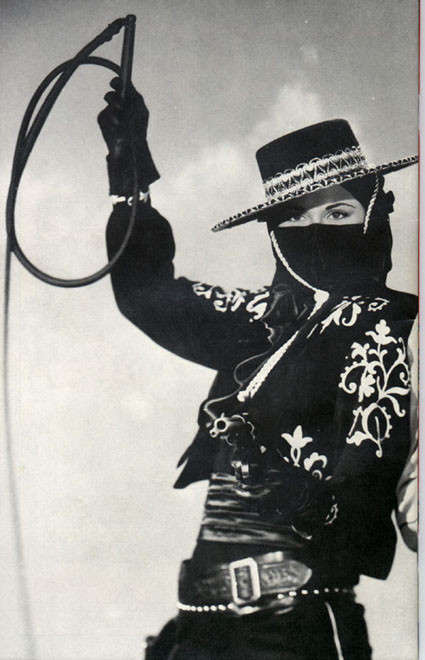
By Sikivu Hutchinson
Midway through the recently released Cadillac Records, director Darnell Martin’s film on the groundbreaking record label Chess Records, Martin depicts rock pioneer Chuck Berry unleashing his signature “Sweet Little Sixteen” guitar riffs against scenes of surfing revelry. Berry’s song was notoriously pilfered by the Beach Boys in their song “Surfin’ USA,” a homage to white California youth subculture. Chewed up and spat out by an imperialist marketing machine, Berry’s music becomes yet another Jim Crow soundtrack for Americana pleasure. The first African American female to direct a studio film, Martin’s take on the Chess saga breathes new life into the all too familiar history of gifted black musicians ripped off by a white record promoter. Chronicling the rise of Chess artists Muddy Waters, Howlin’ Wolf, Berry, Little Walter and Etta James, Martin highlights their struggle to gain just compensation and recognition in a culture whose appetite for “black music” would ripen into a multi-million dollar industry during the 1950s. The avarice of record company owner Leonard Chess, who amassed a fortune from the music of these artists, paying them off with Cadillac cars and shady contracts, is a vivid reminder of the plantation ethos that drives American pop music.
It’s no revelation to say that white appropriation of African American derived music and idioms has been a cornerstone of mainstream American cultural identity, yet Martin’s film throws the question of consumption, commerce and the capitalist subtext of white pleasure into vivid relief. In the film young white women flock to black guitar players at segregated concerts, parading their relative racial and sexual freedom, oblivious to the consequences for black men. For white Americana, the rise of 1950s rock and R&B transformed racial otherness into a more mainstream adventure, a resort vacation into unexplored vistas of self-discovery that even white consumers with a few cents for a 45 record could take. White postwar prosperity and suburbanization made blackness all the more appealing because of its transgressive potential. As long as actual black people remained “out there,” in segregated urban ghettos and rural communities, black cultural production would continue to be a seductive bromide. The 1956 Interstate Highway Act paved the way to white suburbia and ignited a car culture that was baptized in the sounds of rock and R&B. As suburban white flight exacerbated residential segregation, black music became the commodity of choice for a new generation of young white consumers. Yet in the film, scene after scene of crushing poverty, racist police abuse and public humiliation endured by Waters and company underscores the parasitic relationship between white consumption and spatial apartheid. For scores of white record buyers and musicians, classics such as Wolf and Willie Dixon’s “Backdoor Man” and Berry’s “Roll Over Beethoven” would become standards, while segregated black spectators would grow up watching Hollywood scenes of white romance and redemption against the backdrop of black music.
Like Motown, Stax Records and other black-dominated labels, the work of the Chess artists established a new language for white self-invention while foregrounding the disparity between white and black postwar opportunities. The parallels between this history and the commodification of hip hop are compelling. As hip hop has spanned the globe netting mega millions for white corporations it has become another metaphor for imperialist exploitation of black America. Though Berry ultimately won song writing credit on Surfin’ USA after a threatened lawsuit, the film leaves us with the image of the hip swiveling Elvis Presley; his legacy and global empire forged on the backs of African American geniuses unknown and unrecognized in American music history.
Sikivu Hutchinson is a Los Angeles-based writer and editor of blackfemlens.org, an online journal of feminist criticism. She is also on KPFK Radio's Beneath The Surface in Los Angeles, a member of the Women Film Critics Circle, the James Agee Cinema Circle, and a contributor to The WBAI Radio Womens Show in New York City.

.jpg)


















No comments:
Post a Comment